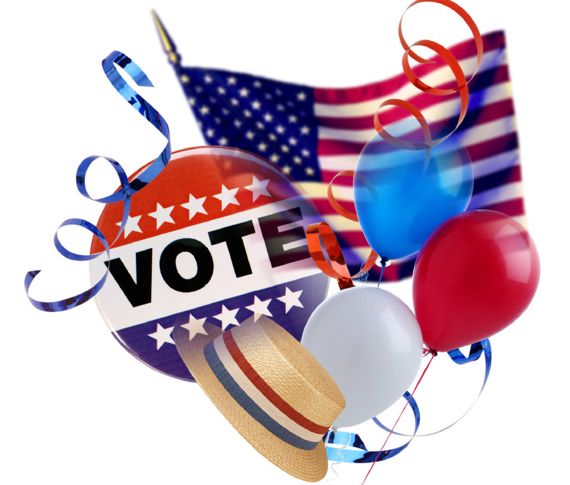While redistricting changes made by a commission certainly will have an effect in this election, I always believed that the influence on the legislature from redistricting would only be along the margins. The top-two primary would have a greater impact. We may not know the true impact for a full election cycle or more but the first test is today and will bring some interesting results as, I expect, more than a couple of internecine party fights roll on to November.
The public employee pension issue has moved toward the center of the radar screen with quickening speed over the last couple of years. The issue could take center stage if the reform efforts in both San Diego and San Jose pass today.
The Proposition 28 term limit reform really isn’t about shortening time in office as the proponents claim, but it is, as proponents say, about improving the workings of the legislature.
As I wrote here back in March, “In two decades under the term limit law, voter support for the job performance of the legislators has dropped dramatically. An indication that term limits, as currently constituted, are not working as well as the voters hoped.”
Prop 28 may not be a perfect solution to what ails the legislative process but it will likely be an improvement. In 1990 when voters passed term limits a little more than half thought the legislature was not doing a good job. Today more than 75% of voters think the legislature is not doing a good job. Keeping the status quo won’t improve things.
As someone who has been involved in No on Proposition 29, the cigarette tax, I marvel at the reporting about money in the campaign. The focus from the media has been almost exclusively on the dollars spent by tobacco interests on the campaign. But, there is a huge financial interest for the proponents. Many supporting organizations will reap the more than $700 million in taxpayer dollars that will be shifted over to them if the measure passes. But, this financial windfall has received short-shrift in the coverage.
Interestingly, while reporters focused on campaign cash, editorial writers looked closely at the spending mechanism in the initiative and many decided to oppose the measure.
I do note that some of the other issues I mentioned during the course of the campaign have been given credence by some well-known political figures.
The concern I raised on this site about targeted taxes hitting other products and services such as sugary drinks was validated by New York Mayor Michael Bloomberg’s decree that sugary drinks over 16 ounces should be banned in New York City.
Former Assembly Speaker Willie Brown in his Sunday newspaper column predicted what I had suggested that if Prop 29 passes it would generate new business for black marketers and Indian casinos.
The Field Poll predicts a turnout of 35% of registered voters. Last week, I ventured a guess here of 30%. Whether the turnout is compared to a presidential primary or non-presidential primary, the chances are we could see a new record low.


